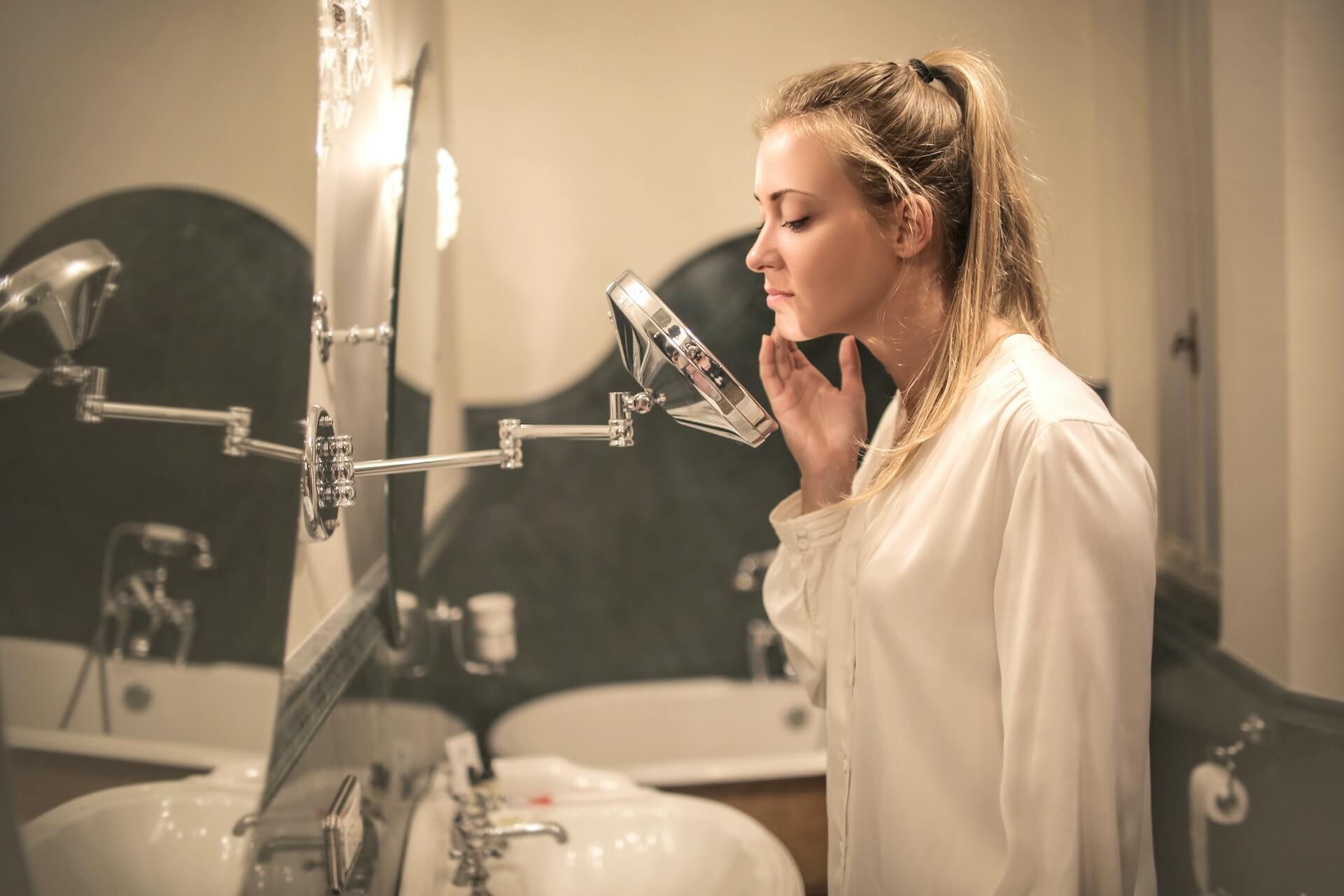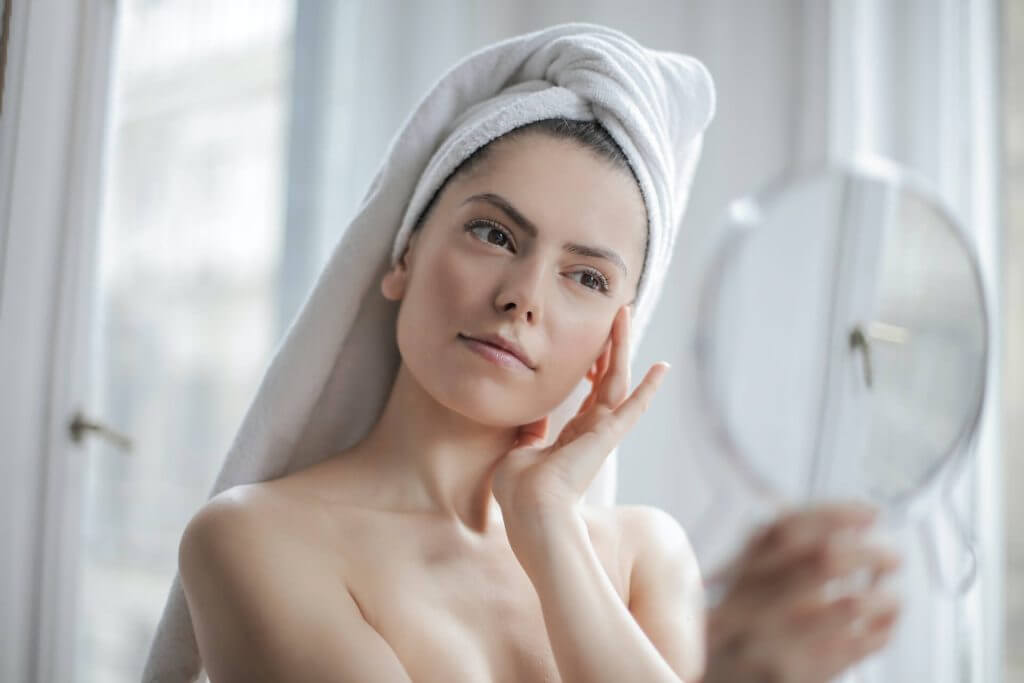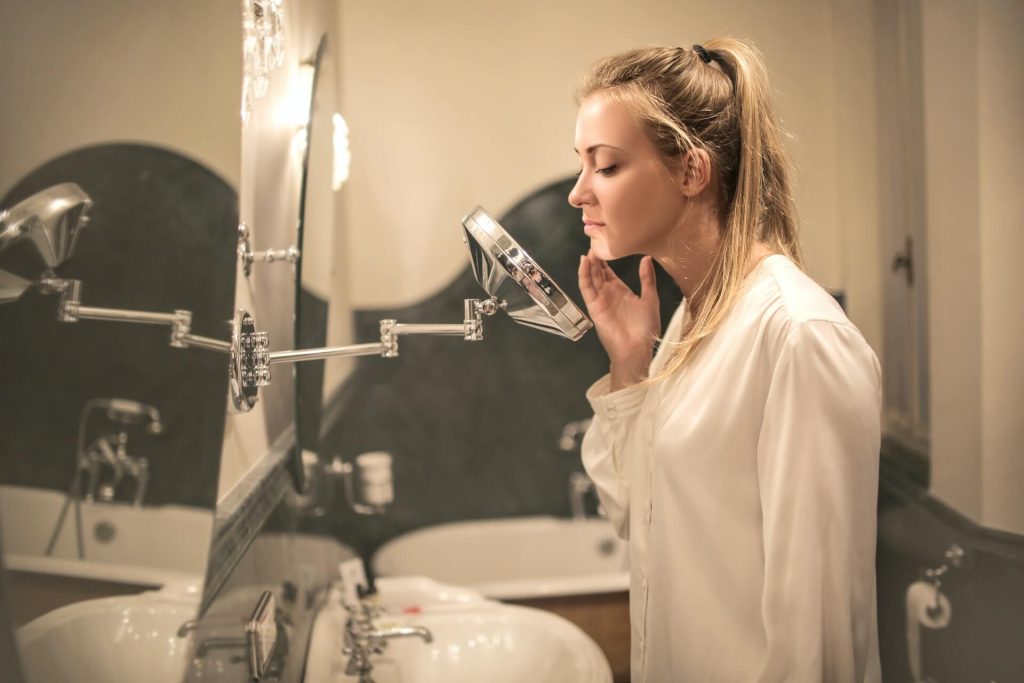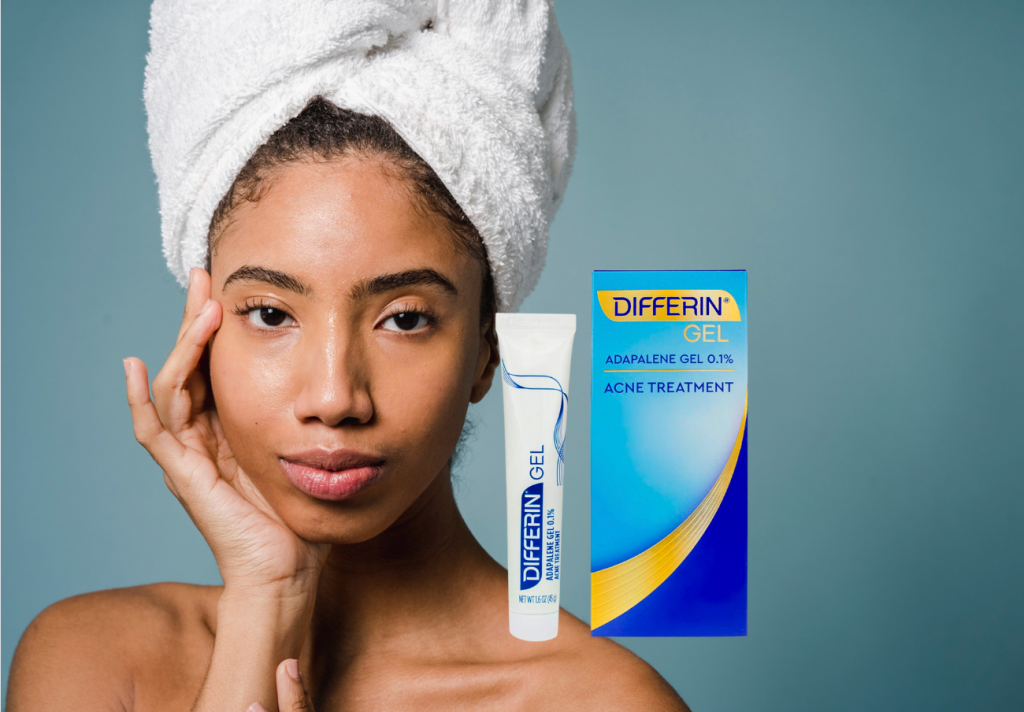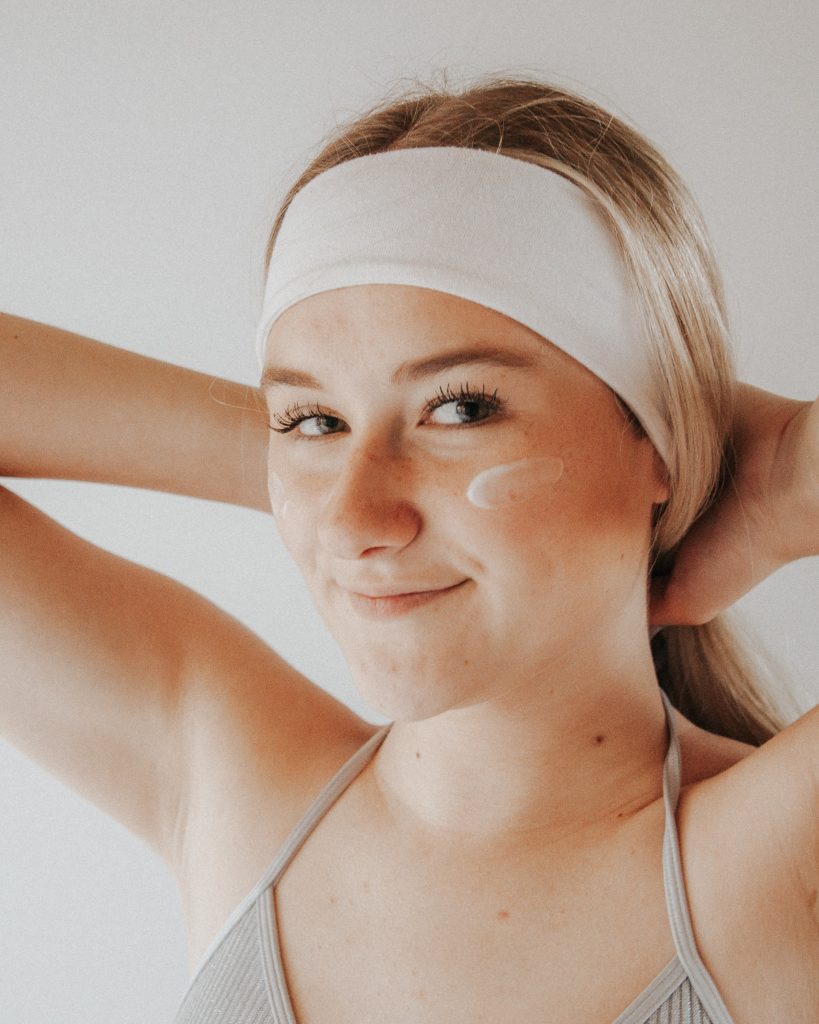You’ve probably heard the terms “soft water” and “hard water,” but you may not know what the terms mean. If you are wondering what distinguishes the two, this article is for you. Continue reading this piece to find out how the type of water affects your skin.
If you deal with various skin concerns, you’re probably wondering what causes your skin to act up suddenly. The quality of water you use to wash your face can have a huge impact on the quality of your skin. It can be especially painful for people with acne-prone skin. Do you find it hard to understand? Think about when you swam in a pure salty water pool, and your skin looked smoother for weeks after the vacation. You may have also seen people using water mists to spritz on their faces for healthy-looking, glowing skin.
So, what causes the difference? Well, the chemicals and mineral content in soft and hard water have different advantages and disadvantages for skin health. Let us look at the effects of soft water and hard on water on the skin to determine which one is best for acne-prone skin.
First, What Is the Difference between Soft and Hard Water?
Like many others, do you also believe in “water is water?” When you think of it that way, it’s easy to feel confused about how your tap water is different from your neighbors’ water. While most people do not think about the fundamental differences between waters, it is worth considering if you want to keep your skin and hair healthy. Soft water and hard waters are two different types of water.
Water tends to collect minuscule particles along its path before flowing from the water outlet. The water becomes hard if it contains a large amount of minerals like calcium.
On the other hand, soft water is the type of water that does not contain these minerals (calcium and magnesium) in excess. It is gentler on the skin too.
Hard Water Effects on the Skin
Talking about its usability, hard water is generally safe for showers, cleaning, and cooking. Many people use it for their daily water needs. Although it is not necessarily harmful, hard water has the potential to cause skin issues. It is especially harmful for sensitive and acne-prone skin.
Breakouts
As already mentioned, hard water contains dissolved minerals, particularly calcium and magnesium. The presence of high mineral content makes it hard for water to form a lather when using soapy products. The water hardness prevents substances from dissolving, leaving behind a “scummy” soap layer on the skin.
If you have a hard water supply in your home, you must have noticed the scaling and build-up of white soap scum on bathroom fixtures. Hard water also significantly influences the water pressure by clogging the plumbing.
While the scummy soap layer is visible in other places, it is hard to notice on your skin. Yep, you read that right! Hard water causes a soapy layer to build up on the skin’s surface, clogging the pores. Clogged pores can worsen skin conditions like eczema and acne, promoting breakouts.
The body secretes natural oils secreted from the skin glands distributed throughout the skin. Sebum eventually gets trapped when other substances clog the pores, forming pimples, zits, and blemishes.
Dryness and Irritation
Clogged pores that lead to breakouts are a common complaint among people who use hard water on their skin. That is not all; using hard water can also lead to skin dryness and irritation. Excess minerals in hard water strip the skin of moisture, leaving it dry and irritated.
If you experience irritation and dryness on your skin, it may be time to change your water supply or use a water softener. Many skincare enthusiasts go as far as to use bottled water like Evian to wash their face.
Furthermore, they prevent the sebum that your skin naturally produces from doing its job- lubricating the skin and holding in moisture. What else? Hard water may also contribute to premature skin aging. It typically contains impurities like iron and magnesium that can form free radicals. As such, hard water damages healthy skin cells, forming wrinkles and fine lines.
In addition, free radical damage can lead to the breakdown of collagen, which is necessary for keeping the skin healthy and firm.
What Makes Soft Water a Better Option for Healthy Skin?
Switching from hard to soft water has many benefits, especially for cleaning purposes. That goes for dishes, clothes, hardware, and skin. How so? Well, soft water makes it easy for products to lather, which means they also wash away easily.
Additionally, the soap does a much better job with soft water and does not leave behind a soap scum residue. In other words, you will not have a pore-clogging layer on your skin, which helps prevent breakouts. So if you suffer from acne, you will soon notice a reduction in the frequency and amount of breakouts after switching to soft water.
What’s more, soft water helps reduce the amount of soap you need for cleaning the skin. With hard water, you typically need more soap to lather up, further exacerbating the problem. Once you start using less product when washing your face, you are less likely to experience acne and other skin problems
Bottom Line
In a nutshell, hard water is harsher on the skin than soft water, which is gentler. Hard water reduces the efficiency of products, leading to more usage. Therefore, when you use soft water, you are very likely to use less product, reducing skin damage caused by chemicals.
Hard water reduces lather formation, which ultimately leaves behind a scummy soap layer on the skin. It clogs the pore, leading to breakouts. Additionally, high amounts of calcium, magnesium, and iron strip the skin of moisture while reducing sebum production. As a result, the skin becomes dry and irritated, causing redness and itchiness. Not forgetting, the minerals may damage skin cells, contributing to premature aging.
Links
https://banish.com/blogs/article/hard-vs-soft-water-for-your-skin/
https://www.healthline.com/health/hard-water-and-soft-water/
LET US KNOW YOUR THOUGHTS

